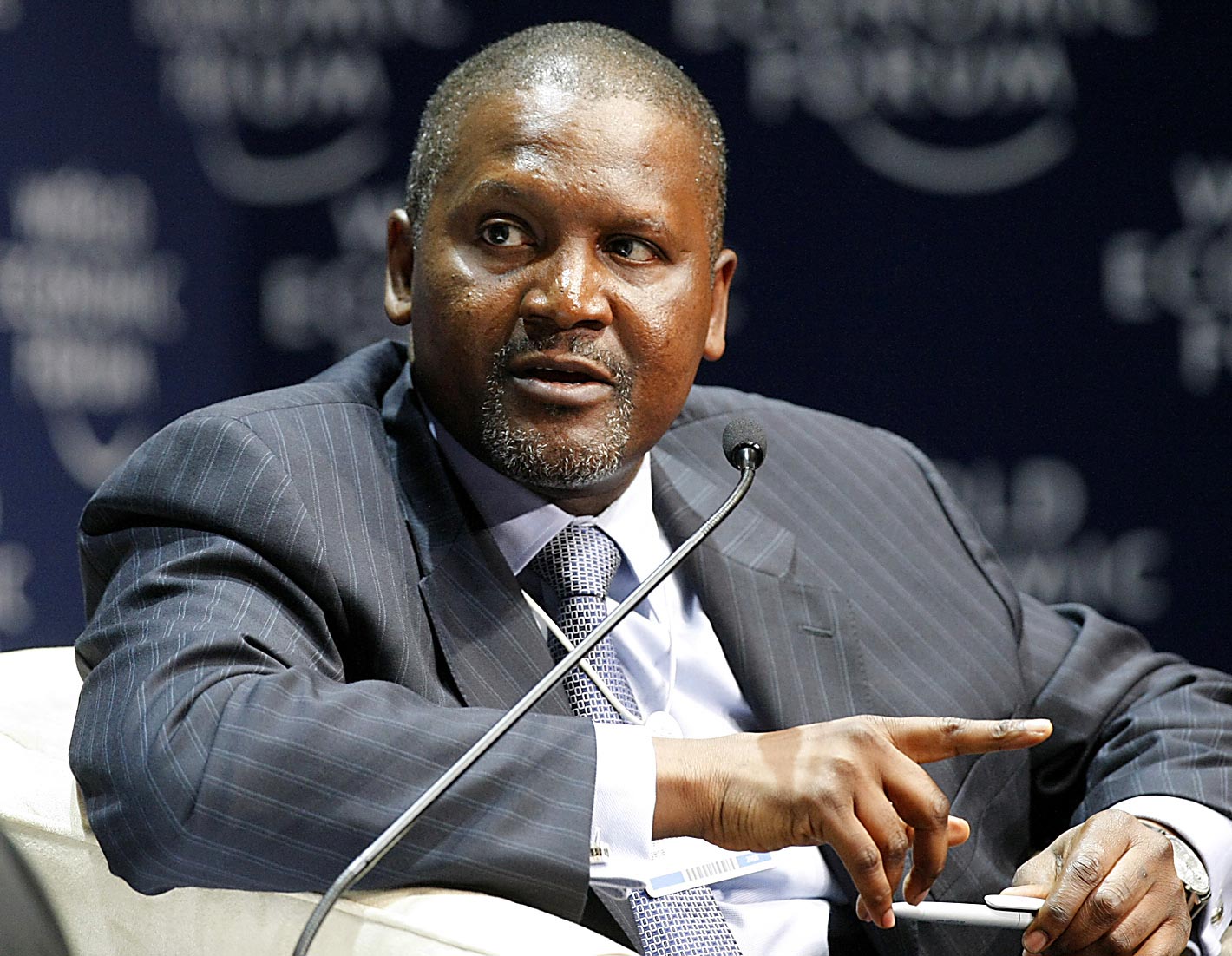Liberian President Ellen Johnson Sirleaf and Africa’s richest man, Nigerian billionaire Aliko Dangote met Thursday to firm up his plans to build a cement factory and coal-based power plant in Monrovia.
Coal power will reduce the cost of electricity in the country, Dangote told Sirleaf, according to a report in in AllAfrica.
Forbes Magazine ranked Dangote the 43rd richest person in the world and the richest man in Africa.
Dangote said he has identifed seven acres of land at the Freeport of Monrovia for the construction of a cement processing plant and a jetty. After a three-year delay, it’s time to move ahead with the project, he said, according to the report. He told the
president that the limestone needed for the cement – which Liberia does not produce – would be brought in, crushed and ground for the manufacture of cement locally.
Dangote also proposed a coal-burning power plant he said will produce 20 megawatts of power. His operations will require 1.2 megawatts and he plans to sell the excess to the government at 12 cents per kilowatt hour maximum.
“Tell us what you need, and we will produce it,” he said. The plant will be operational in 15 months. He said he needs 30 acres of land for the plant’s boilers and cooling plants, along with access to a source of sweet water – where the water table is high.
Any economy will climb to double digits once there is power at the right price, Dangote said in his sales pitch for coal-based power plants, according to AllAfrica. He cited abundant sources of coal in South Africa, Mozambique and Guinea. With today’s technology, he said dust emissions are “at zero level.”
Sirleaf agreed that it was time to move forward and fast-track the cement project, and promised Dangote the land would be “turned over” by Feb. 16.
Liberians pay 54 cents per kilowatt hour for electricity, Sirleaf said. Three heavy fuel oil power plants will soon come online. Hydro represents the best form of power generation for Liberia because of the country’s abundant rainfall and many rivers — in the wet season, that is. Other sources of power are needed in the dry season. This, she said, could be addressed through an upstream dam producing 1,000 megawatts of power.
Sirleaf invited Dangote to send in his engineers to determine how much power the country needs and to study the feasibility of building a coal-based power plant.
Accompanying Dangote were Medina Wesseh, legal consultant for the International Law Group; and Bairappa Kashinath, an engineer.
Sirleaf’s team included Edward B. McClain, Jr., Liberia’s minister of state for presidential affairs; Michael Wotorson, chairman of the National Investment Commission; and Ciatta Bishop, outgoing executive director of the NIC. Bishop will soon have a new job as director general of the National Bureau of Concessions.







